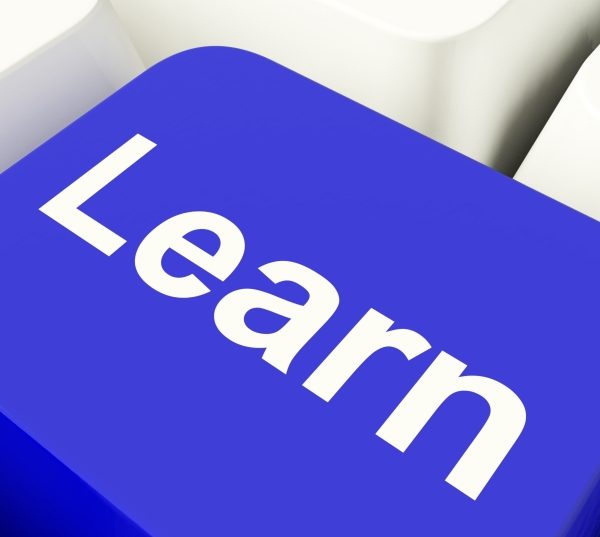The Museum of Knowledge team often meets students who first think in their native language before writing or speaking in the language they are learning. This is clearly a terrible habit that the Museum Of Knowledge team always aims to eradicate. The question then remains, how long do students typically take before they stop thinking in their native language before communicating in the language they are learning? The fair answer is this habit goes back to language learning and methodology.
When learning a new language the teacher has to be skilled enough to ensure that the students are confident enough to let go and embrace the language they are learning fully. The best way to ensure that this happens is to begin the learning process whereby the student does not ever speak or think in their native language. The Museum of Knowledge immersion techniques ensure that this is adhered to and students always think in the language they are learning.



